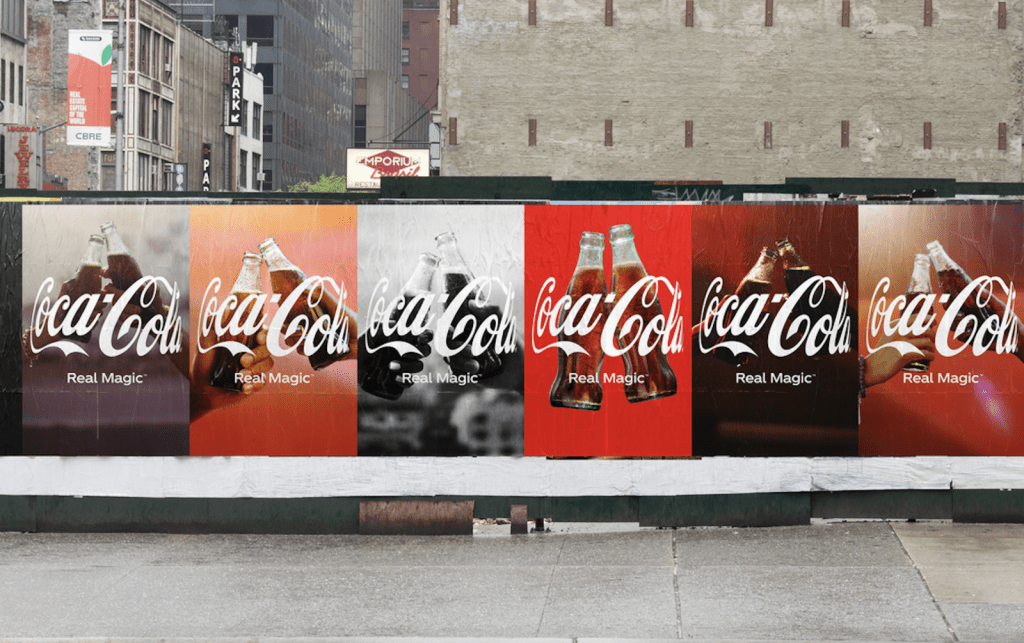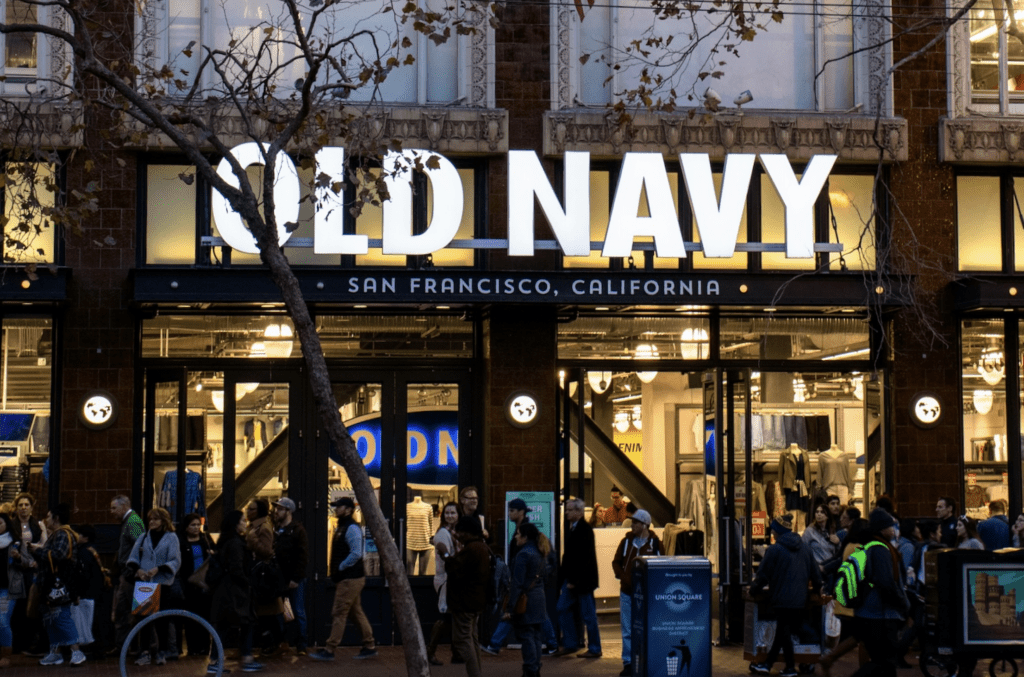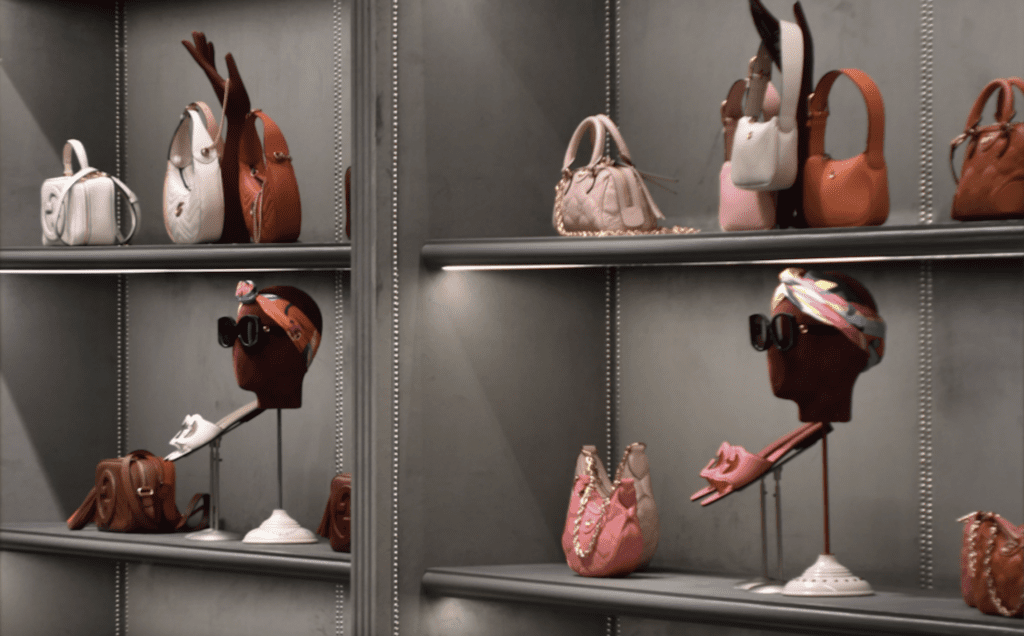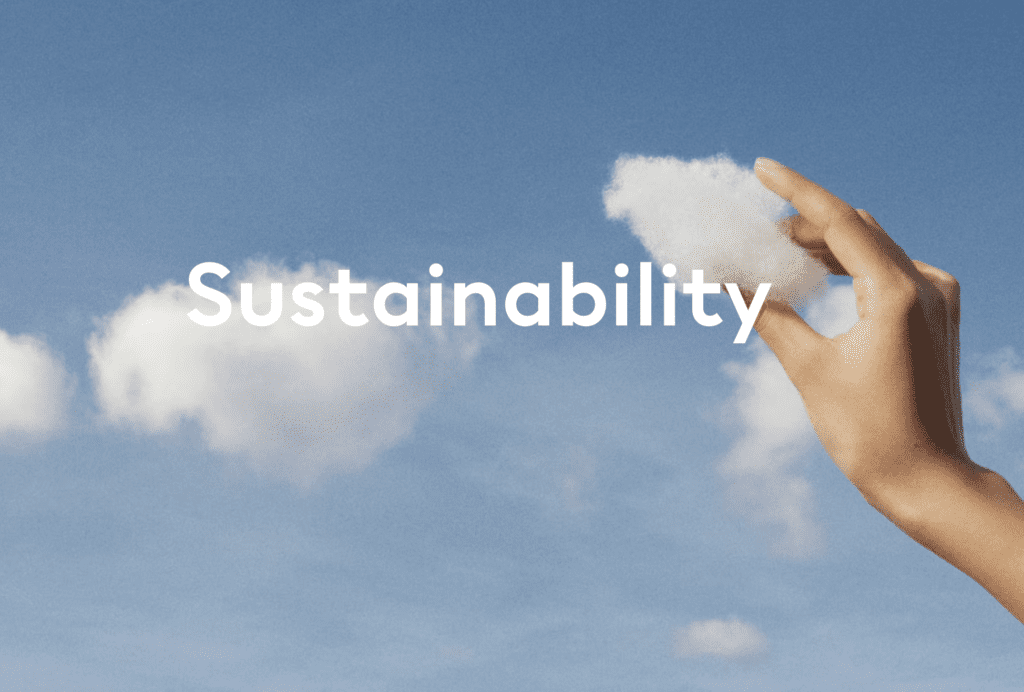Amid an influx of sustainability-centric cases being filed against the likes of H&M, Allbirds, and Nike, a pending case that pits a pool of plaintiffs against beverage and bottling giants like Coca-Cola Company, Blue Triton Brands and Niagara Bottling (collectively, “Coca-Cola”) is worthy of attention. Coca-Cola landed on the receiving end of a lawsuit waged by a trio of consumer plaintiffs and the Sierra Club, who are accusing it of false advertising and “greenwashing.” In particular, the plaintiffs allege that Coca-Cola’s claims that its bottles are “100% recyclable” are false and likely to mislead consumers who would understand it to mean that “the bottle will always be recycled or is ‘part of a circular plastics economy in which all bottles are recycled into new bottles to be used again.'”
Some Background: The plaintiffs filed the lawsuit in a California federal court in June 2021, claiming that Coca-Cola is liable for false advertising; negligent misrepresentation; unfair, unlawful, and deceptive trade practices; violating the Consumers Legal Remedies Act; and interestingly, “greenwashing” under the Environmental Marketing Claims Act (Cal. Bus. & Prof. Code § 17580, et seq.). The district court granted Coca-Cola’s motion to dismiss in November 2022 (with leave to amend) on the basis that the plaintiffs had not plausibly alleged that Coca-Cola’s representations deviated from either the “commonly understood meaning of recyclable” or the definition in the Federal Trade Commission (“FTC”) Green Guides.
The plaintiffs filed an amended complaint – only to be shut down again last month. In their first amended complaint, the plaintiffs “scaled back their rather extreme interpretation of ‘100% recyclable’ to mean ‘the entirety of the product is comprised of material that can be recycled by existing recycling programs in California,’” according to the court. They argued that Coca-Cola still fell short of making good on its recyclability claim because “a substantial majority of recycling programs in California do not recycle the bottles caps or labels, and at least 28% of the total plastic materials in the bottles sent for recycling in California cannot be processed and end up in landfills or burned.”
While the plaintiffs’ new interpretation of “100% recyclable” is a “more reasonable understanding of how ‘recyclable’ is used in everyday speech, and more consistent with the concerns stated in the Green Guides and corresponding California regulations,” the court, nonetheless, dismissed the amended complaint – again – with another leave to amend.
Everyday speech: The court stated that “recyclable” in everyday usage “is an adjective that means capable of being recycled (e.g., ‘the plate is made of recyclable paper’), or a noun that denominates an object that can be recycled (e.g., ‘the students raised funds by selling recyclables to disposal facilities’).” As such, it “does not mean a promise that an object will actually be recycled.”
FTC’s Green Guides: The court also pointed to the Green Guides that have been incorporated into California law, under which “a product may be labeled ‘recyclable’ if ‘it is comprised of materials that can be recycled by existing recycling programs.’”
Lack of Actionable Claims
In his July 27 decision, N.D. Cal. Judge James Donato stated that the plaintiffs have standing to seek injunctive relief, as they plausibly alleged in their amended complaint that they “would purchase the defendants’ bottled products in the future if the ‘100% recyclable’ representation were accurate and trustworthy because they believe that recyclable products are better for the environment.” However, the first amended complaint “again does not plausibly allege that defendants’ recycling allegations are actionable,” according to the court, as they fell short in pleading facts to support their claim that recycling facilities that accept the bottle caps and labels are not available to a “substantial majority” (defined by the FTC as 60 percent) of the consumers or communities where the item is sold, which the plaintiffs “acknowledge is the pertinent question under the Green Guides.”
The amended complaint is “further diluted by a heavy focus on bottle caps and labels that are said to be unrecyclable,” the court held, noting that the Green Guides state that “[m]arketers can make unqualified recyclable claims for a product or a package if the entire product or package, excluding minor incidental components, is recyclable,’” and the amended complaint “concedes this.” The Green Guides also “expressly identify bottle caps as examples of ‘minor, incidental components,’” Judge Donato held.
Second Amended Complaint
Taking the opportunity to amend their greenwashing focused lawsuit for a second time, the plaintiffs add a number additional allegations to their complaint, including …
– “The defendants do not fall within the Green Guides safe harbor. Instead of calling their products ‘Recyclable,’ they label them ‘100% Recyclable” (emphasis added). The addition of the ‘100%’ language suggests to consumers that the products exceed the ordinary standard of ‘Recyclability.’”
– “Reasonable consumers understand ‘100% Recyclable’ to mean that the entirety of a product is comprised of material that is recyclable, including incidental components, such as caps and labels. Further, reasonable consumers understand that ‘100% Recyclable’ means that the entirety of the product, including the label and cap, will actually be recycled if it is properly of disposed of in a recycling bin.”
– The defendants’ statement that their products are “100% Recyclable” is “false because the entirety of the product is not comprised of material that is recyclable, and recycling facilities that are able to recycle the entirety of the products are not available to a substantial majority of communities and consumers in California. Indeed, there are no recycling facilities in California that are capable of recycling 100% of the product.”
– “Plaintiffs engaged an independent firm to execute a survey of California consumers, each of whom reported purchasing bottled water in the last 6 months, as to their understanding of the label ‘100% Recyclable’ on the defendants’ products. More than 90% of respondents who viewed an example of the defendants’ packaging believed that the label meant that the entire bottle, including labels and caps are recyclable. Further, 86.7% of respondents believed that the label meant that the entire product, including bottle, label, and cap, would actually be recycled by facilities in the state of California if it is properly disposed of in a recycling bin.”
– “The survey evidence is consistent with the views of state authorities, including the California Attorney General, that consumers understand ‘recyclable’ claims to mean that products actually will be recycled if disposed in a recycling bin, and that ‘100% recyclable’ claims are promises of an even higher standard: that the entirety of the products will be completely recycled if properly disposed.”
– Reflecting on specific recycling facilities in California, the plaintiffs assert that “the Riverside and Peninsula facilities are typical of PET [bottle] reclaimers in California, which all use substantially similar equipment and are unable to recycle 28% of the total PET plastic bottle material that they receive, including labels and caps.”
The case is Swartz v. The Coca-Cola Company, 3:21-cv-04643 (N.D. Cal.)











